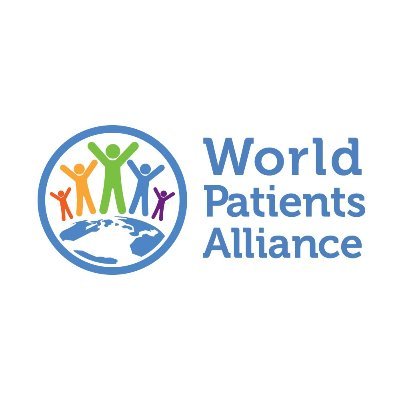What is Diabetes?
Diabetes is a disease in which the body’s ability to produce or respond to the hormone insulin is impaired, resulting in abnormal metabolism of carbohydrates and elevated levels of glucose (sugars) in the blood and urine.
There are three main types of diabetes: Type 1, Type 2, and Gestational.
Type 1 Diabetes
Is caused by an autoimmune reaction where the body’s defense system attacks the cells that produce insulin. As a result, the body produces very little or no insulin.
Around 10% of all people with diabetes have type 1 diabetes.
Managing type 1 diabetes
- Insulin treatment
- Self-monitoring of blood glucose
- Healthy nutrition
- Physical activity
Type 2 Diabetes
Is generally characterized by insulin resistance where the body produces insulin but does not use it efficiently. It can be prevented by eating healthy and exercising.
90% of all diabetes cases are type 2 diabetes.
Managing type 2 diabetes
- Oral medication
- Self-monitoring of blood glucose
- Healthy nutrition
- Physical activity
- No smoking
Symptoms of Type 2 Diabetes
- Excessive thirst and dry mouth
- Frequent urination
- Lack of energy extreme fatigue
- Tingling or numbness of limbs
- Blurred vision
- Slow healing of wounds
- Recurring fungal infections in skin
- Constant hunger
Gestational Diabetes
Gestational Diabetes (GDM) is a type of diabetes that consists of high blood glucose during pregnancy
1 in 7 births are affected by GDM.
50% of women with a history of GDM go on to develop type 2 diabetes within 5 to 10 years after delivery.
Diabetes Complications
- Cognitive Deficit
- Eye Damage
- Heart Disease
- Kidney Damage
- Nerve Damage
- Foot Ulcers Amputation
Hyperglycemia
or high blood sugar, which occurs when there is too much sugar in the bloord of when the body has too little insulin or when the body can't use insulin properly. Symptoms include high blood sugar, high levels of sugar in the uring, frequent urination and increased thirst.
Hypoglycemia
or low blood sugar, which occurs when one's blood sugar is lower than normal, usually less than 70mg/dL. Signs include hunger, nervousness, shakiness, perspiration, dizziness or light-headedness, sleepiness, and confusion. If left untreated, hypoglycemia may lead to unconsciousness. Hypoglycemia is treated by consuming a carbohydrate-rich food such as a glucose tablet or juice.




